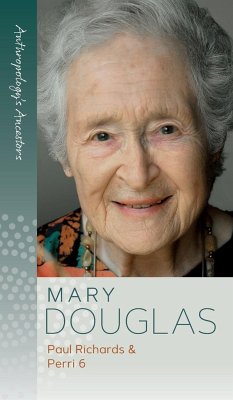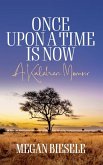This handy, concise book covers the life of Mary Douglas, one of the most important anthropologists of the second half of the 20th century. Her work focused on how human groups classify one another, and how they resolve the anomalies that then arise. Classification, she argued, emerges from practices of social life, and is a factor in all deep and intractable human disputes. This biography offers an introduction to how her distinctive approach developed across a long and productive career and how it applies to current pressing issues of social conflict and planetary survival. From the Preface: The influence of Professor Dame Mary Douglas (1921-2007) upon each of the social sciences and many of the disciplines in the humanities is vast. The list of her works is also vast, and this presents a problem of choice for the many readers who want to get a general idea of what she wrote and its significance, but who are somewhat baffled about where to begin. Our book offers a short overview and suggests why her key writings remain significant today.
Hinweis: Dieser Artikel kann nur an eine deutsche Lieferadresse ausgeliefert werden.
Hinweis: Dieser Artikel kann nur an eine deutsche Lieferadresse ausgeliefert werden.








